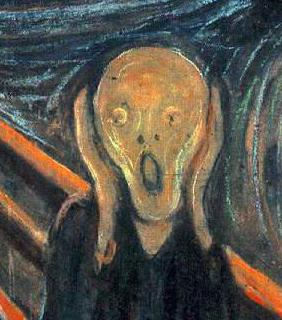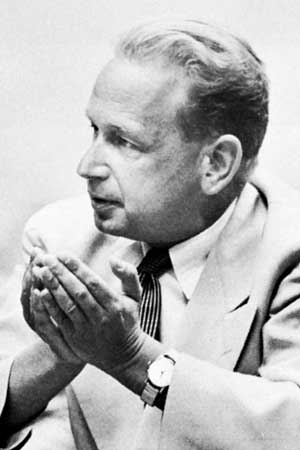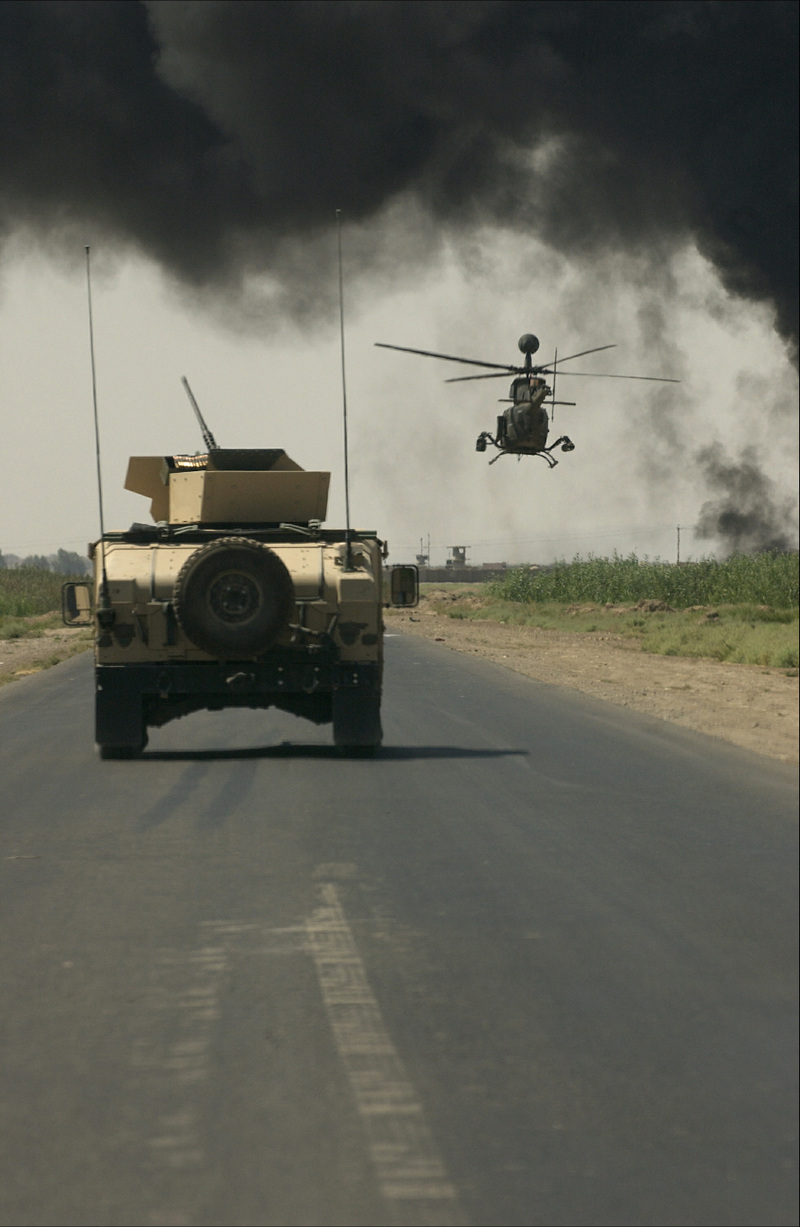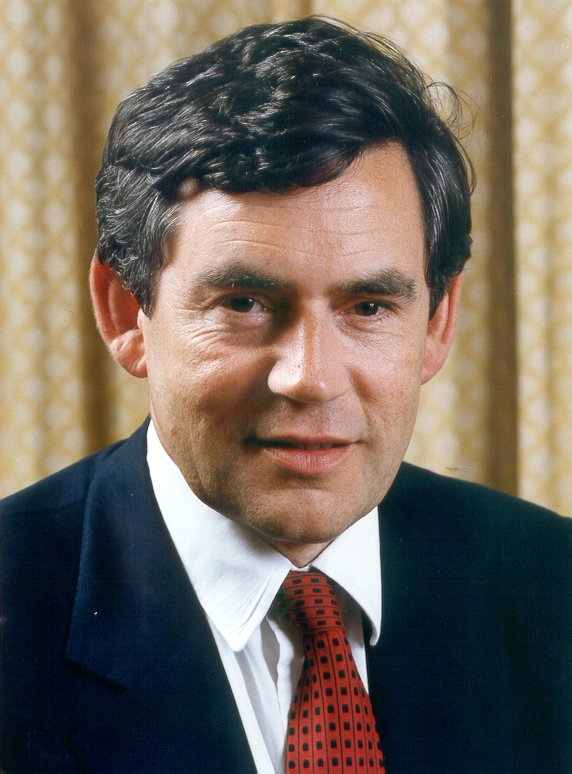By Otto Spijkers
 18 September 1961, Hammarskjold died in a mysterious plane crash as he entered the skies of what was then Northern Rhodesia, now Zambia. The Secretary-General of the United Nations was due to meet rebel leader Moise Tshombe and negotiate a truce with him in the civil war between the Katanga secessionist movement of Tshombe and the Congolese central government. There are quite a lot of theories relating to his death (see e.g. here, here, and here), but many insiders, including Brian Urquhart, believe it was just an accident. In a biography of Hammarskjold written by Urquhart, the story ends as follows:
18 September 1961, Hammarskjold died in a mysterious plane crash as he entered the skies of what was then Northern Rhodesia, now Zambia. The Secretary-General of the United Nations was due to meet rebel leader Moise Tshombe and negotiate a truce with him in the civil war between the Katanga secessionist movement of Tshombe and the Congolese central government. There are quite a lot of theories relating to his death (see e.g. here, here, and here), but many insiders, including Brian Urquhart, believe it was just an accident. In a biography of Hammarskjold written by Urquhart, the story ends as follows:
Only Harold Julien [ONUC chief of security] was alive when the search party finally reached the wreckage on the following afternoon, and he died of burns five days later. Hammarskjold was thrown clear of the wreckage and, alone among the victims, was not burned at all. Although the post-mortem showed that he had probably lived for a short time after the crash, his injuries – a severely fractured spine, several broken ribs, a broken breastbone, a broken thigh, and severe internal hemorrhaging – were certainly fatal. He was lying on his back near a small shrub which had escaped the fire, his face extraordinarily peaceful, a hand clutching a tuft of grass. (Hammarskjold, p. 589.)
Continue reading →


 18 September 1961, Hammarskjold died in a mysterious plane crash as he entered the skies of what was then Northern Rhodesia, now Zambia. The Secretary-General of the United Nations was due to meet rebel leader Moise Tshombe and negotiate a truce with him in the civil war between the Katanga secessionist movement of Tshombe and the Congolese central government. There are quite a lot of theories relating to his death (see e.g.
18 September 1961, Hammarskjold died in a mysterious plane crash as he entered the skies of what was then Northern Rhodesia, now Zambia. The Secretary-General of the United Nations was due to meet rebel leader Moise Tshombe and negotiate a truce with him in the civil war between the Katanga secessionist movement of Tshombe and the Congolese central government. There are quite a lot of theories relating to his death (see e.g. 




 A few interesting things about Gordon Brown today (actually from a few weeks ago). This series of articles in
A few interesting things about Gordon Brown today (actually from a few weeks ago). This series of articles in